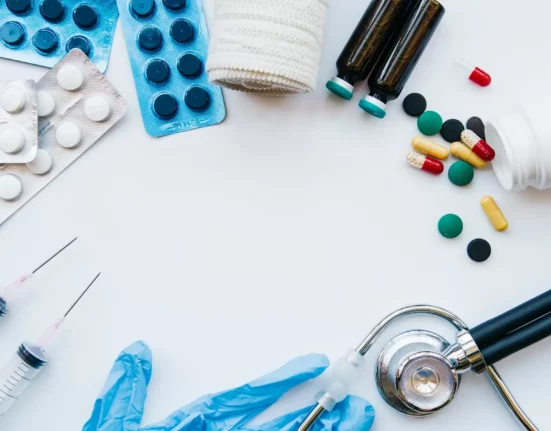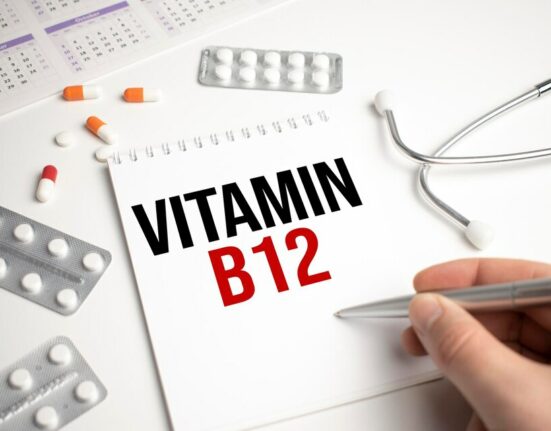Winter brings in a much-awaited cold relief for most of the individuals. However, the drop in temperature also creates a few bodily changes to cop-up. One among them is the constriction in the blood vessels as well as the rise in blood pressure. So, in people who’re already diagnosed as having a higher range of blood pressure (most notably above 130/80MMHG) some special precautions needed to be made for better control of hypertension.
- The simplest yet, an important one is to wrap yourself up with proper winter wears. A sudden drop in temperature can increase the workload on the heart and makes blood pressure higher. Similarly, living in colder indoor temperature should be discouraged and the indoor temperature should be relatively warmer (regular maintenance and adjustment of the thermostat is crucial in this scenario). Although there are no perfect temperature levels established yet, the ideal level of room temperature should be kept around 21°C and not lesser.
- Food habit is another extremely important factor in maintaining a proper blood pressure level. High sodium and salt-containing foods need to be avoided as a priority. Foods i.e. processed products, junk/fast food, deep-fried items, processed meats like sausages, salami, and cold cuts, cured meat and vegetables, instant noodles, processed soups, sandwich, pizzas are all the usual culprits hence to be avoided as much as possible. Try to have homemade foods, including seasonal fruits and vegetables in your diet, have whole grain diets.
- Physical activity is another important factor in maintaining a good blood pressure range. Quite often it’s observed that a lower level of physical activity is associated with the rise in blood pressure, especially during the winter season. Adding some daily jogging/walking around a few miles, lifting a few pounds of weights daily can not only help to regulate the blood pressure level but also going to be helpful in shedding some extra body weight as well.
- Even if the blood pressure readings show higher, do not alter the anti-hypertensive medications on your own, Simply Ask A Doctor before deciding the next best steps of management. Based on the findings, Your Doctor/Cardiologist may modify the existing dosage or add new medications for further blood pressure control.
- Smoking and alcohol intake must be kept on the watch as they directly increase the blood pressure. Smoking should be stopped as a priority. In case of any further assistance, you should Ask A Doctor.
- Deep breathing exercises, daily yoga, and mediations are extremely beneficial as they tend to relax the blood vessels and help in reducing blood pressure on a regular basis. So, the focus should be on these to reduce the level of stress in the body and long-term wellbeing (not only during winter but throughout the season).
To Summarize
- Indoor room temperature maintenance is crucial. Along with this, proper winter wear is of extreme importance to control hypertension during the winter season.
- A salty diet and a high sodium diet need to be cut down. The focus should be on eating home-made foods and plenty of plant-based fresh organic diet.
- Regular physical activity and exercise should be encouraged along with a few minutes of daily yoga/meditation.
- Smoking and alcohol consumption should be strictly reduced and preferably stopped
- Do not alter the dosage of the medications and take them exactly as per the treating doctor’s advice. In case of any persistently elevated blood pressure readings, always Ask A Cardiologist for further check-up
At HealthCareMagic, we’ve dedicated 24×7 service of Cardiologists. Medical concerns of any form are almost always a time dependent matter, so in case of any further queries feel free to contact Ask A Doctor for any kind of Medical assistance.





